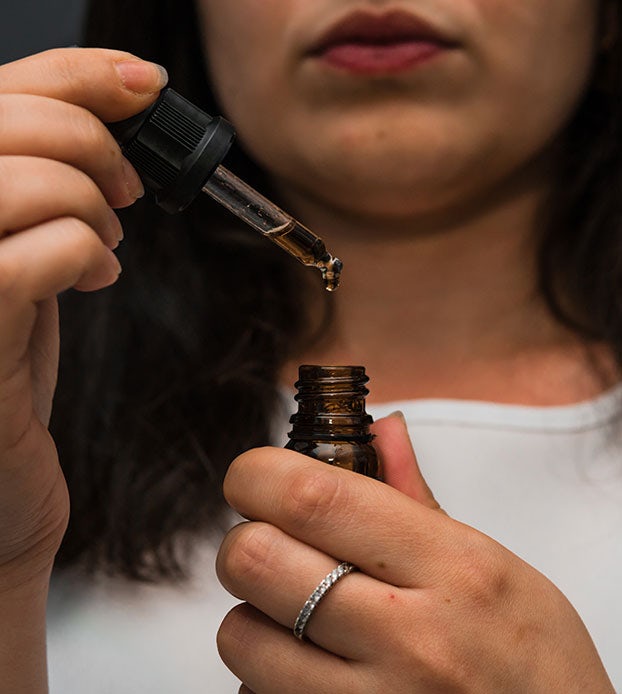Medical cannabis oils can be a safe and effective remedy for the treatment of pain, spasticity, and sleep disturbances in MS patients, according to a new study.
The study, published in the December issue of Multiple Sclerosis and Related Disorders, saw 28 multiple sclerosis patients receive three types of cannabis oil: a THC-rich oil, a CBD-rich oil, and one combining both THC and CBD.
“Treatment with medical cannabis oils was safe and well tolerated,” the researchers wrote, “and resulted in a reduction in pain intensity, spasticity and sleep disturbances in MS patients.”

Their findings suggest that cannabis oil can be used safely as an alternative treatment for MS-related symptoms, the researchers added, particularly when administered at lower doses (i.e. microdosing). This supports the findings of another 2020 study on the efficacy of microdosing for pain relief.
No severe side effects were noted.
The patients in the study received daily doses of 4mg and 7mg of THC and CBD, respectively, and were primarily administered in the evening.
Over the course of four weeks, the researchers tested the patients according to the Expanded Disability Status Scale (EDSS), and also examined their ambulation, plasma cannabinoid, dexterity, and processing speed, in addition to routine blood tests.
When treated with cannabis oil that had 10-25mg/ml of THC, two patients “experienced pronounced symptoms with excessive dreaming and drowsiness.”
The most common side effects experienced by the patients were dry mouth, drowsiness, dizziness, and nausea of mild to moderate degree.
Previous studies have largely found that cannabis can have positive effects for multiple sclerosis patients.
Sativex, a pharmaceutical spray containing a 1:1 ratio of THC and CBD, has been “proven effective in treating spasticity and also in improving the patient’s quality of life.”
Other cannabinoids and terpenes may also have potential benefits for MS patients, and in a nationwide study carried out in 2019, 70% of MS patients who use marijuana to treat their systems said it helped them cope with pain, 56% said it helped with insomnia, and 49% with spasticity.
Other research has shown that cannabis treatment can be effective in reducing the inflammatory chemicals created in the body, and in multiple clinical studies, MS patients have reported improvements in their systems as a result of cannabis treatment.
Cannabis can be effective in treating a variety of inflammatory conditions other than MS, including rheumatoid arthritis, inflammatory bowel disease, and hepatitis, among others. This is because cannabis can activate the receptors in the body’s endocannabinoid system, which helps regulate inflammation responses.
Sign up for bi-weekly updates, packed full of cannabis education, recipes, and tips. Your inbox will love it.

 Shop
Shop Support
Support
















